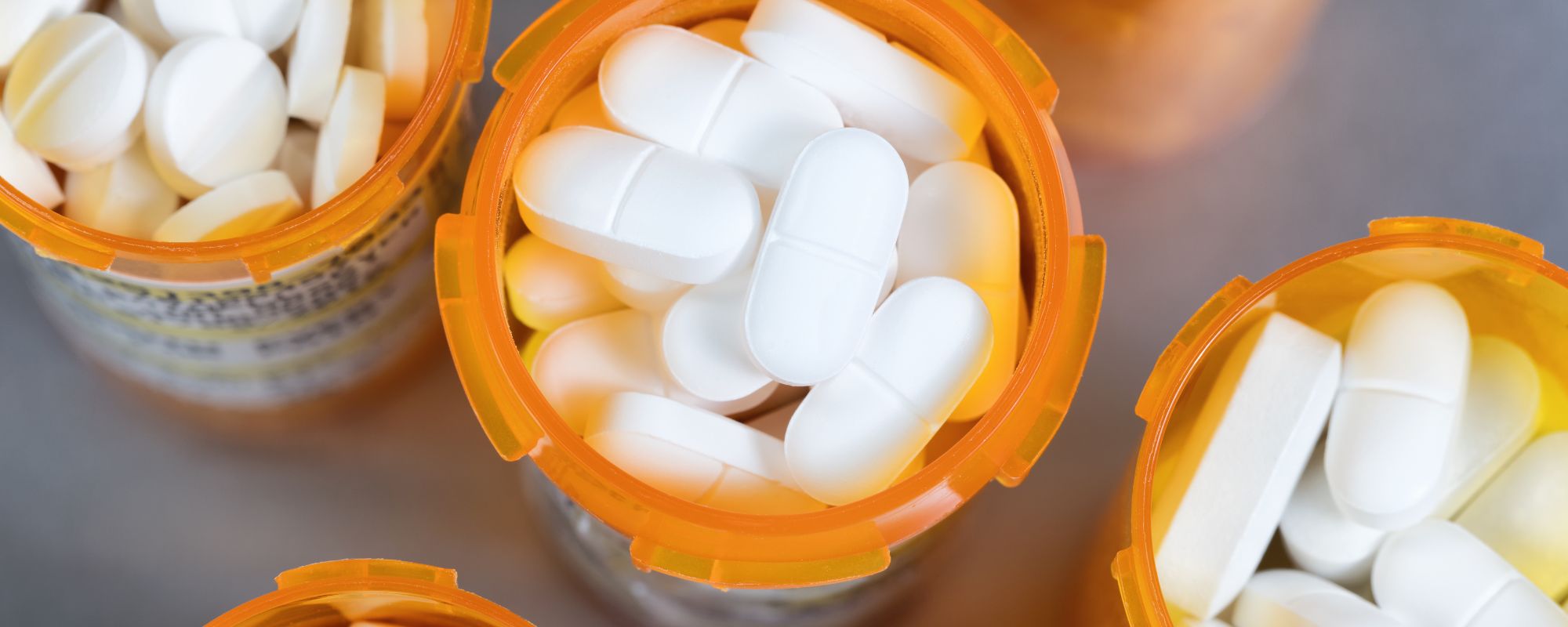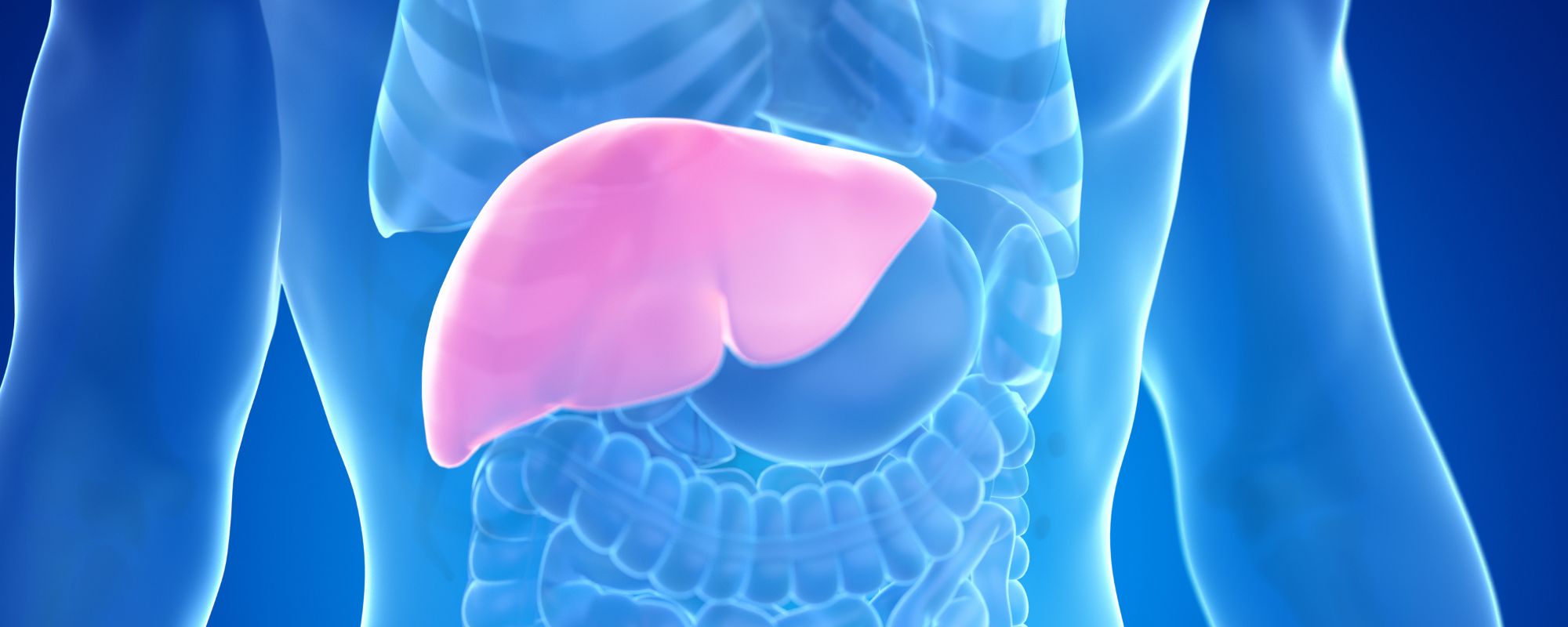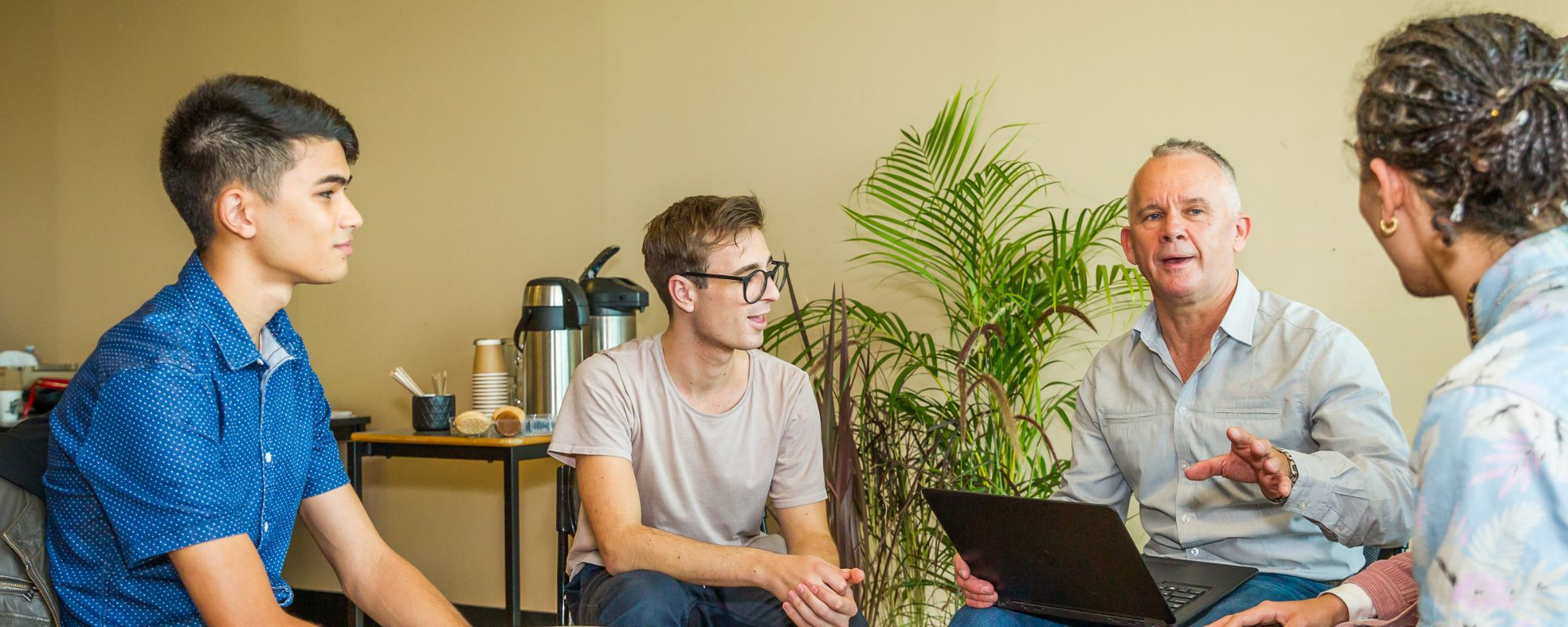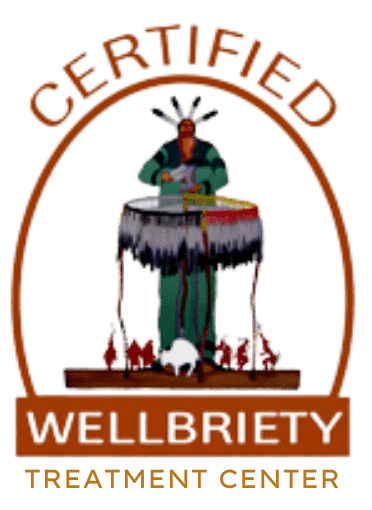What do you mean cops want to help us? It’s true folks, there are cops and even chiefs of police who really want to help addicts and alcoholics instead of putting them in jail. P.A.A.R.I. is a community policing movement to create non-arrest pathways to treatment and recovery. In other words, instead of arresting you, or arresting non violent drug users over and over, they help you get the treatment you need. They help to stop the vicious cycle of use-arrest-jail-court-jail-relapse-arrest.
The Angel Initiative in Gloucester, MA
This all grew out of the Gloucester Angel Program started by then Gloucester Police Chief Leonard Campanello during a city forum where he announced “Any addict who walks into the police station with the remainder of their drug equipment (needles, etc.) or drugs and asks for help will NOT be charged. Instead we will walk them through the system toward detox and recovery. We will assign them an “angel” who will be their guide through the process. Not in hours or days, but on the spot. Addison Gilbert and Lahey Clinic have committed to helping fast track people that walk into the police department so that they can be assessed quickly and the proper care can be administered quickly. (06/01/2015)
The policy was formalized in August of 2015 and expanded to say: “Opiate overdose is the leading cause of accidental death in Massachusetts. To help reduce the number of fatal and nonfatal overdoses in Gloucester, we are changing the way we handle addicts who request help with their addiction to opiates such as morphine, heroin, fentanyl, oxycodone as found in OxyContin®, Percocet® and Percodan®, and hydrocodone as found in Vicodin®. There are many resources available in the city of Gloucester to help with this disease, but many people do not know how to access these services. With strong community support, the Gloucester Police Department- under the direction of Chief Leonard Campanello,- adopted the following policy effective June 1, 2015 to address the needs of any person who comes into the station requesting help with their opiate addiction.
The PAARI Policy
The policy states:
Any person who enters the police station and is requesting help with their addiction to opiates will be immediately screened into the ANGEL program and transported to the AGH. If such a person who has requested help with their addiction is in possession of drugs or their drug equipment (needles, etc.) while requesting help, they will not be charged. Any officers having contact with anyone entering the Gloucester Police Department and requesting help with their addiction will be professional, compassionate and understanding at all times. The officer will immediately notify the Watch Commander that a patient is requesting help with their addiction.
The Police Assisted Addiction and Recovery Initiative is a nonprofit organization whose mission is to support the Gloucester Police addiction initiative, to aid other police departments in implementing similar programs and to foster a dialogue around the unique opportunity for police departments to take direct action against the disease of drug addiction in their communities. As the opioid epidemic moves from disenfranchised neighborhoods to the suburbs, policy makers and politicians are taking notice. Seeking solutions and strategies, they are turning to programs embedded in police departments. These programs originated from necessity, as first responders witnessed the ravages of this epidemic firsthand.
Diversion Programs
Diversion programs exist as a more impactful solution to a problem. It is no secret that drug addiction and alcoholism lead to a laundry-list of consequences, including legal consequences. How do diversion programs provide more impactful solutions than putting addicts and alcoholics into jail? “P.A.A.R.I. and our law enforcement partners are working towards a collective vision where non-arrest diversion programs become a standard community policing practice across the country, thereby reducing overdose deaths, expanding access to treatment, improving public safety, reducing crime, diverting people away from the criminal justice system, and increasing trust between law enforcement and their communities.”
In Arizona, PAARI partners are: Bisbee PD, Chandler PD, Douglas PD, Phoenix PD, Sierra Vista PD so far.
In Washington: Arlington PD, Everett PD, Lynnwood PD, Marysville PD, Port Angeles PD, Seattle PD, Shelton PD and the numbers are steadily growing. They also started a Recovery Corps in Massachusetts and nationally through the AmeriCorps VISTA program where members will help build, strengthen, and sustain police-led programs to reduce and prevent overdose deaths and help more people with opioid use disorder get into treatment and recovery.
PAARI believes that expanding access to NARCAN (nasal naloxone) is a critical step in preventing opioid-related overdoses and deaths. To date, PAARI has provided more than 10,000 doses of lifesaving NARCAN to law enforcement, the public, and at-risk individuals.
Who would have believed 10 years ago that police chiefs, police departments and elected officials would go from the war on drugs to compassionate, caring, and respectful help for the people that want it? I never thought I’d see it in my lifetime. Being in recovery myself, I am grateful to see steps being taken that are truly aiming to help addicts instead of casting them aside as criminals. We all deserve help; PAARI is a great start.
Reach Out
If you or someone you know is struggling with an addiction, please reach out to us at 877-RECOVERY or 877-732-6837. Our addiction specialists are available to take your call 24 hours a day, 7 days a week. Because We Care.













